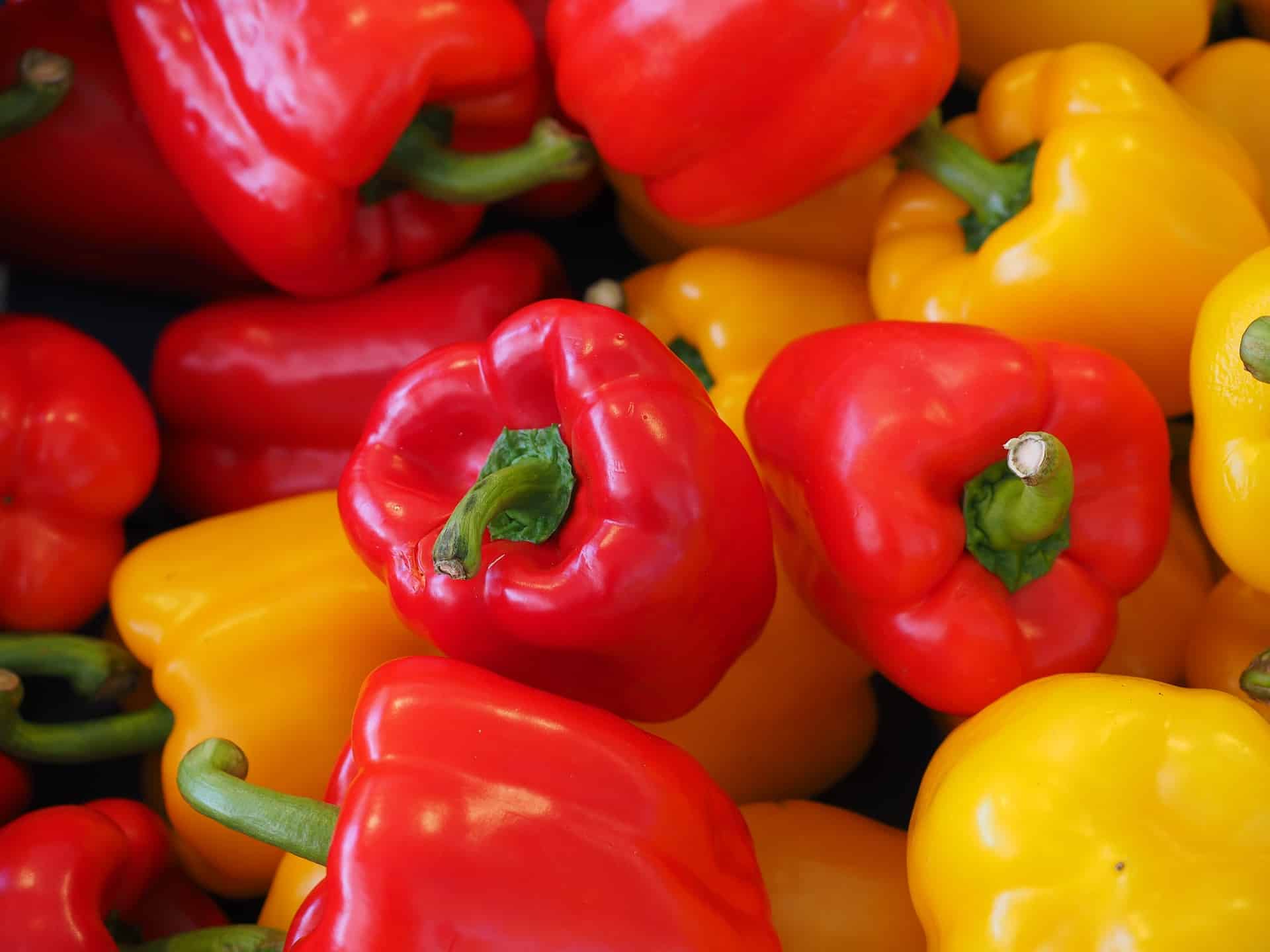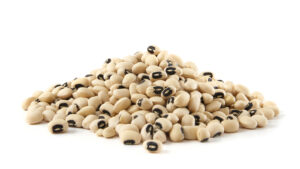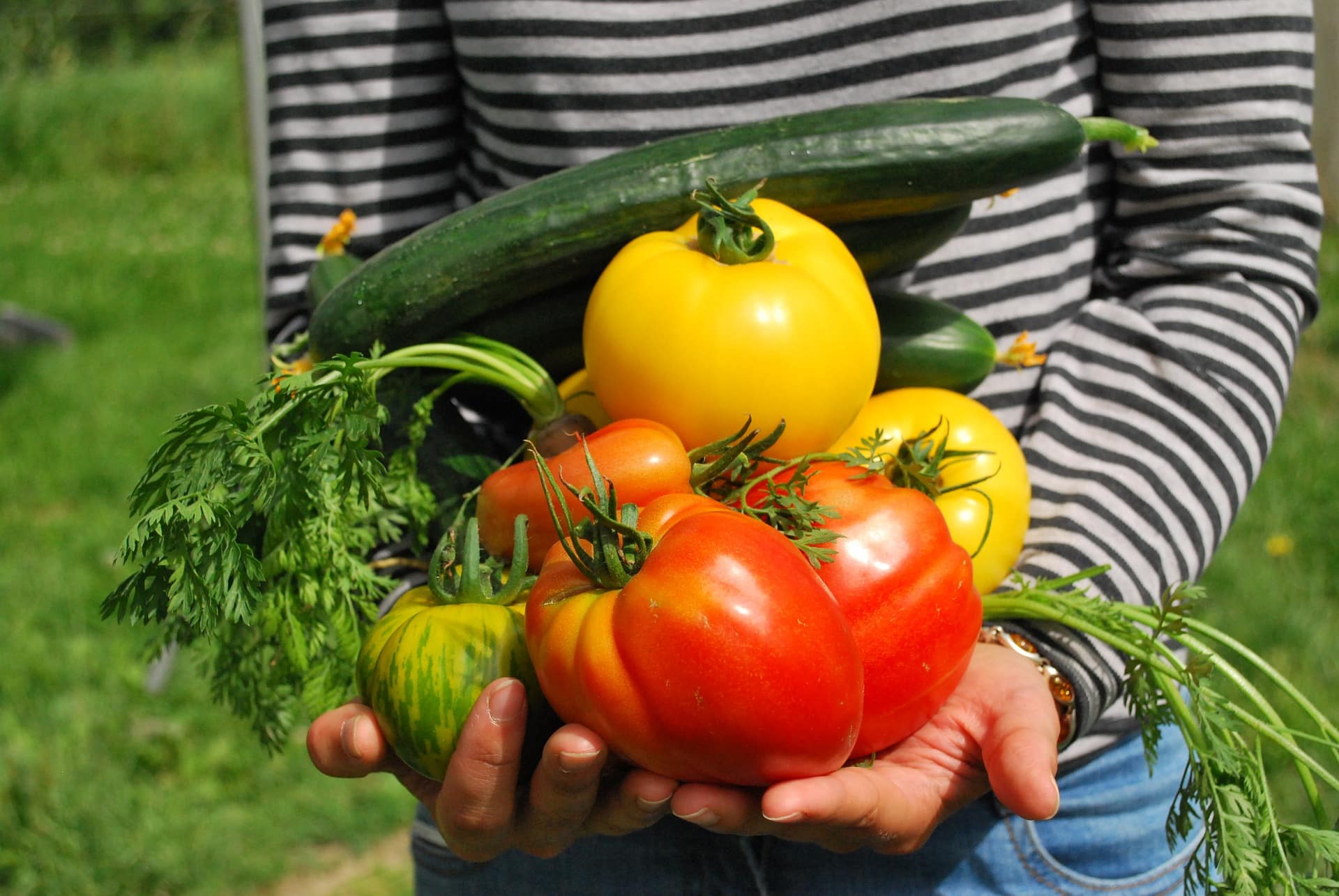John Stommel is a plant geneticist, but he should probably be known as Professor Pepper.
Stommel has devoted much of his 30-year career at the Agricultural Research Service (ARS) to breeding and releasing unique pepper varieties for both the kitchen and the garden. One of his latest achievements is a series of four ornamental pepper cultivars he named Christmas Lights. As you might have guessed, these colorful peppers have a shape reminiscent of the old-fashioned lights used to decorate Christmas trees. Two of the cultivars start out a bright violet color and mature to red or orange. The other two cultivars begin their lives a creamy yellow color, and then mature to red or orange.
Set against dark-green foliage, the peppers bring a riot of cheerful color to garden beds. They also grow happily in pots. Their flavor and spiciness weren’t initially a consideration because they aren’t intended for consumption, but they are quite edible for connoisseurs of hot peppers.
Stommel is the research leader of the Genetic Improvement of Fruits and Vegetables Laboratory in Beltsville, Maryland. Previous pepper releases from Stommel and his team include the All-America Selections and Fleuroselect Quality Award winner Black Pearl, which has fruit that ripens from glossy black to bright red; Tangerine Dream, an ornamental pepper with sweet, edible, orange banana-shaped fruit; Pepper Jack, which has greenish-black foliage and a mix of both orange and black, small, cone-shaped fruit; and Li’l Pumpkin, which boasts unique black foliage and orange pumpkin-like fruit. Rob Griesbach, in the ARS Floral and Nursery Plants Research Unit, in Beltsville, was the co-developer of all these peppers and Christmas Lights.
Stommel is currently focusing on small-fruited peppers — either sweet or hot — that are perfect as a nutritious and portable snack. But since most consumers might not like to crunch down on seeds while eating their peppers, he is also studying the genetics of peppers with fewer seeds. This knowledge will help breeders to more easily select for the seedless trait. Coming up, expect miniature bell peppers tailored for the snack pepper market!
Pepper production, both bell and chili, accounted for more than $628 million in 2018.
Source: USDA-ARS













